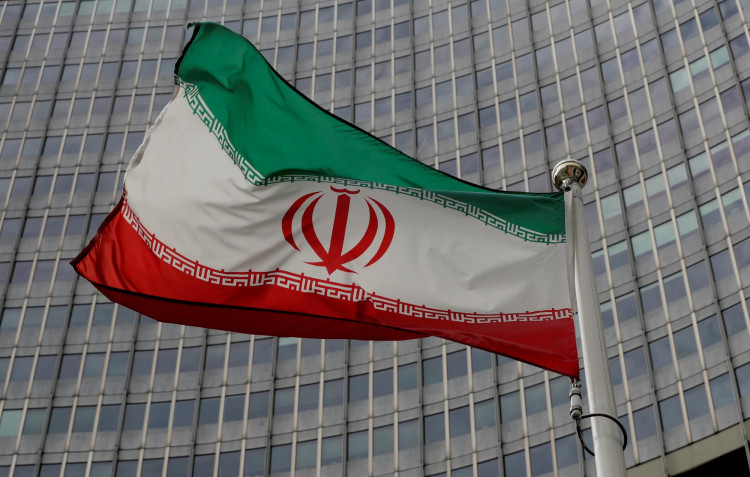Iran is accused of supplying ballistic missiles to Russia, further intensifying the ongoing conflict in Ukraine. Satellite imagery analyzed by Sky News shows a Russian-flagged cargo ship, the Port Olya 3, docked at a Russian port after allegedly transporting short-range ballistic missiles from Iran. The ship, which had previously been at the Iranian port of Amirabad, was tracked to Port Olya in southern Russia on September 4.
According to a Ukrainian source, the ship delivered approximately 220 Fateh-360 missiles, which are now believed to be destined for the Russian battlefield in Ukraine.
This development comes as the U.S. and European allies announced a new wave of sanctions aimed at curbing Iran's missile transfers. The sanctions target key Iranian and Russian entities, including Iran Air, accused of facilitating arms shipments. U.S. Secretary of State Antony Blinken, during a visit to London, confirmed that Russian military personnel have already been trained in Iran on using these missiles, which could be deployed in Ukraine within weeks. Blinken described the situation as a "dramatic escalation" and warned of the broader security implications for Europe.
Iran has vehemently denied the allegations, with Foreign Minister Seyed Abbas Araghchi dismissing the claims as "baseless and false." He criticized the sanctions as "economic terrorism" and vowed that Iran would retaliate against the punitive measures. Araghchi argued that the West's intelligence is flawed and that the sanctions would only exacerbate tensions rather than solve the ongoing issues.
The accusations and subsequent sanctions have heightened tensions between Iran, Russia, and the West. The sanctions include revoking bilateral air service agreements and restricting Iran Air's ability to operate in Europe. The U.S. has also imposed restrictions on two Russian shipping companies allegedly involved in transporting Iranian weapons.
As the situation unfolds, the focus shifts to how these developments will impact the broader geopolitical landscape. The U.S. and its allies have warned that the deepening military cooperation between Iran and Russia poses a significant threat to European security and global stability. In response to these threats, discussions are underway about potentially allowing Ukraine to use American and British long-range missiles within Russia-an action that could further escalate the conflict.
Kremlin spokesman Dmitry Peskov has downplayed the reports, calling them "baseless," while Iranian officials have dismissed the allegations as psychological warfare. Despite these denials, the international community remains on high alert as the conflict in Ukraine shows no signs of abating.
The new sanctions are part of a broader strategy by the U.S. and its allies to disrupt the flow of weapons from Iran to Russia. These measures build on previous sanctions imposed throughout 2023, targeting Iran's military cooperation with Russia. The impact of these sanctions, particularly on Iran's economy and its middle class, remains a point of concern, as experts question the effectiveness of such economic penalties in curbing Iran's actions.




